Earth and Environment
Explore Earth and Environment
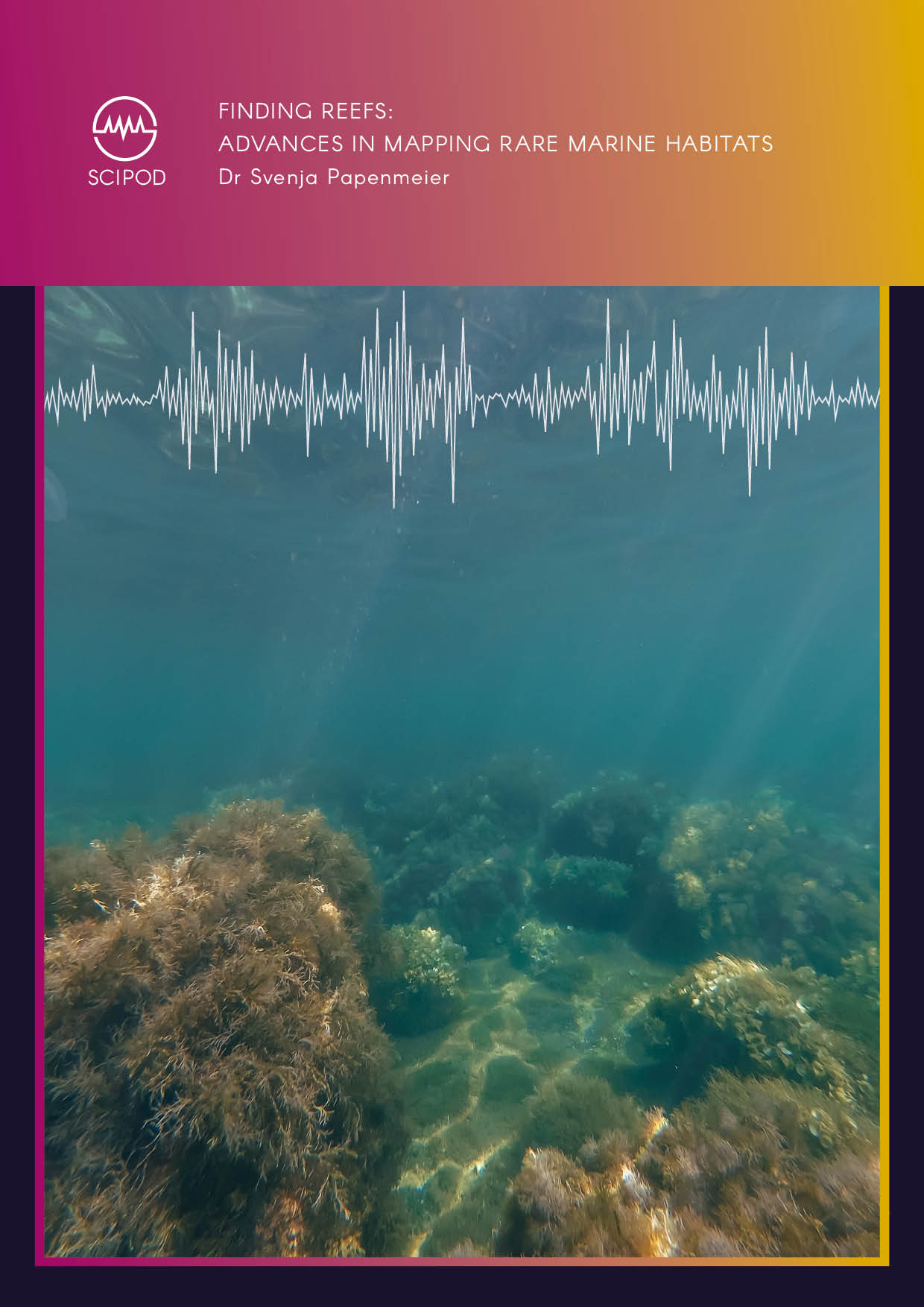
Finding Reefs: Advances in Mapping Rare Marine Habitats
The marine environment houses complex types of ecosystems that provide vital services and habitat to aquatic life. Areas of the seafloor where rocky outcrops are present, such as reefs and gravel beds, are some of the rarest marine habitats. Also known as ‘hard substrate habitats’ these ecosystems are under increasing pressure from fishing, eutrophication, climate change, and coastal management. Though hard substrates are protected in the European Union, we are unable to manage them effectively because maps describing their location and dimensions are inaccurate. In a review paper, Dr Svenja Papenmeier [Sven-yah Pah-pan-my-er] of Germany’s Leibniz Institute for Baltic Sea Research Warnemünde summarises existing rules for mapping substrate habitats, and describes new and potentially ground-breaking mapping techniques.
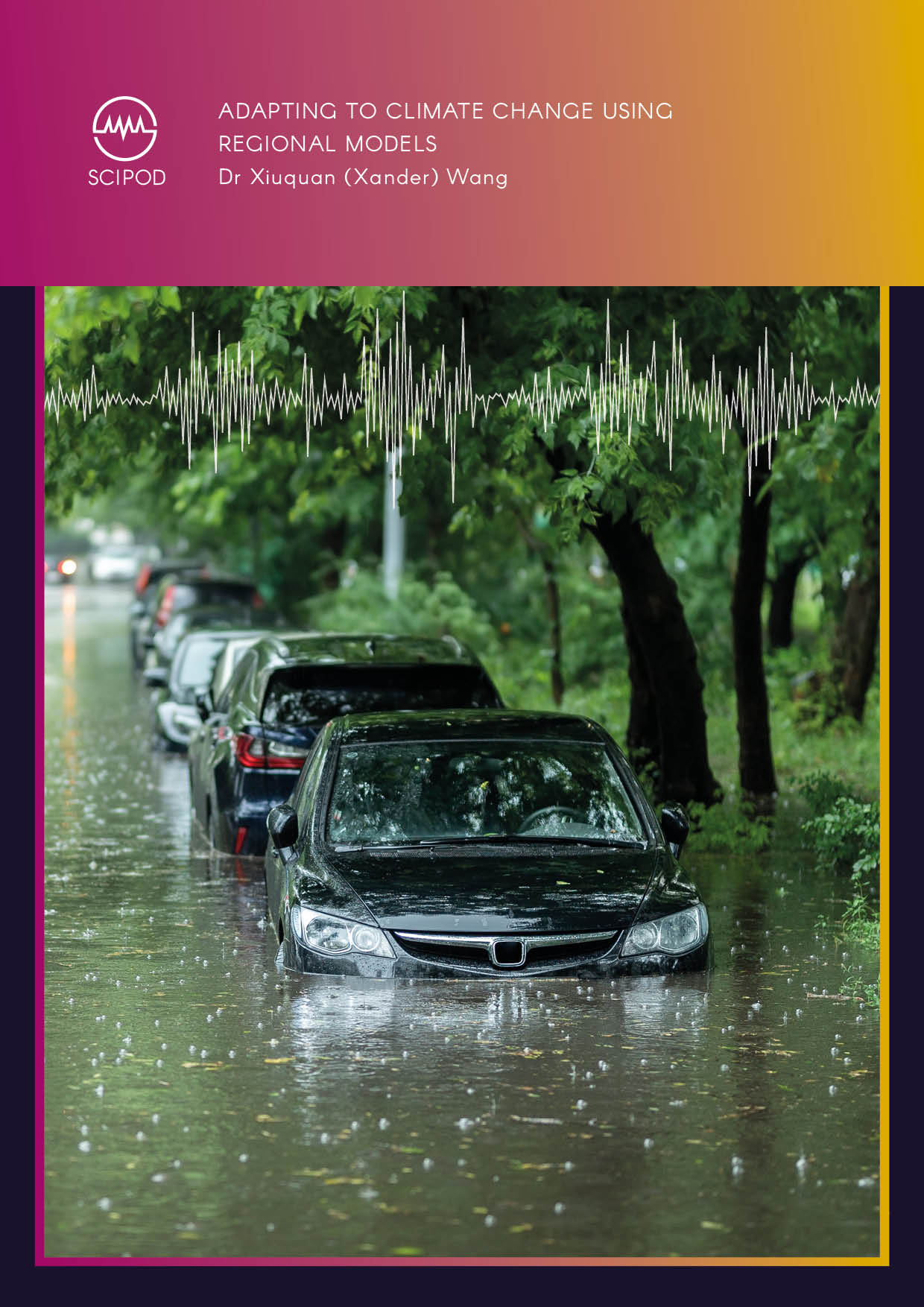
Adapting to Climate Change Using Regional Models
As the impacts of climate change become increasingly obvious worldwide, focused efforts to mitigate its worst effects are becoming more urgent. Through his research, Dr Xander Wang at the University of Prince Edward Island aims to innovate the computer models used to predict these future changes on smaller, regional scales. His team’s work is making important strides towards an advanced predictive toolset, which policymakers could use to make the best possible decisions about how to protect local populations from future climate-related disasters.
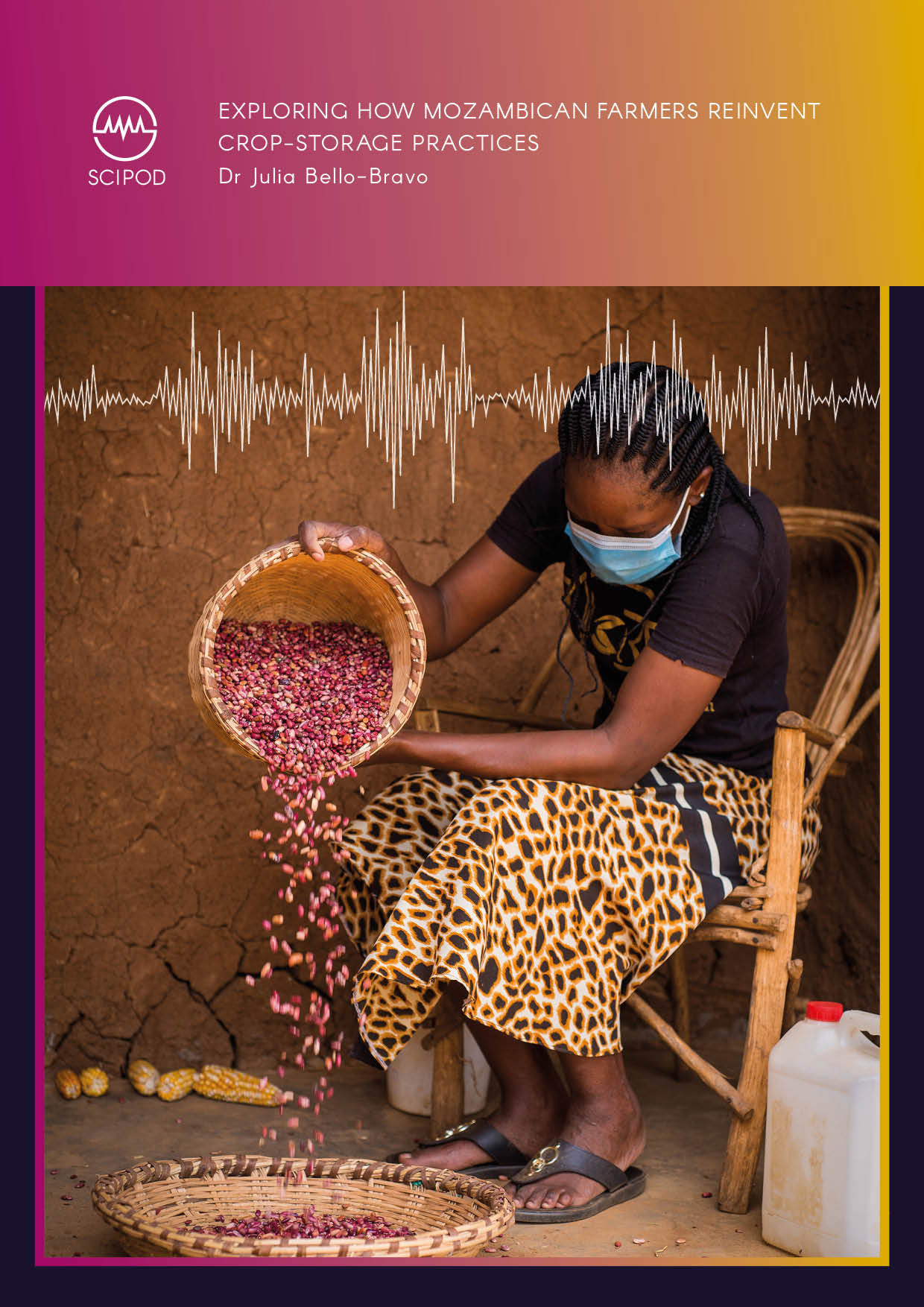
Exploring How Mozambican Farmers Reinvent Crop-storage Practices – Dr Julia Bello-Bravo
SciPod · Exploring How Mozambican Farmers Reinvent Crop-storage Practices - Dr Julia Bello-BravoOriginal Article Reference This SciPod is a summary of the paper...
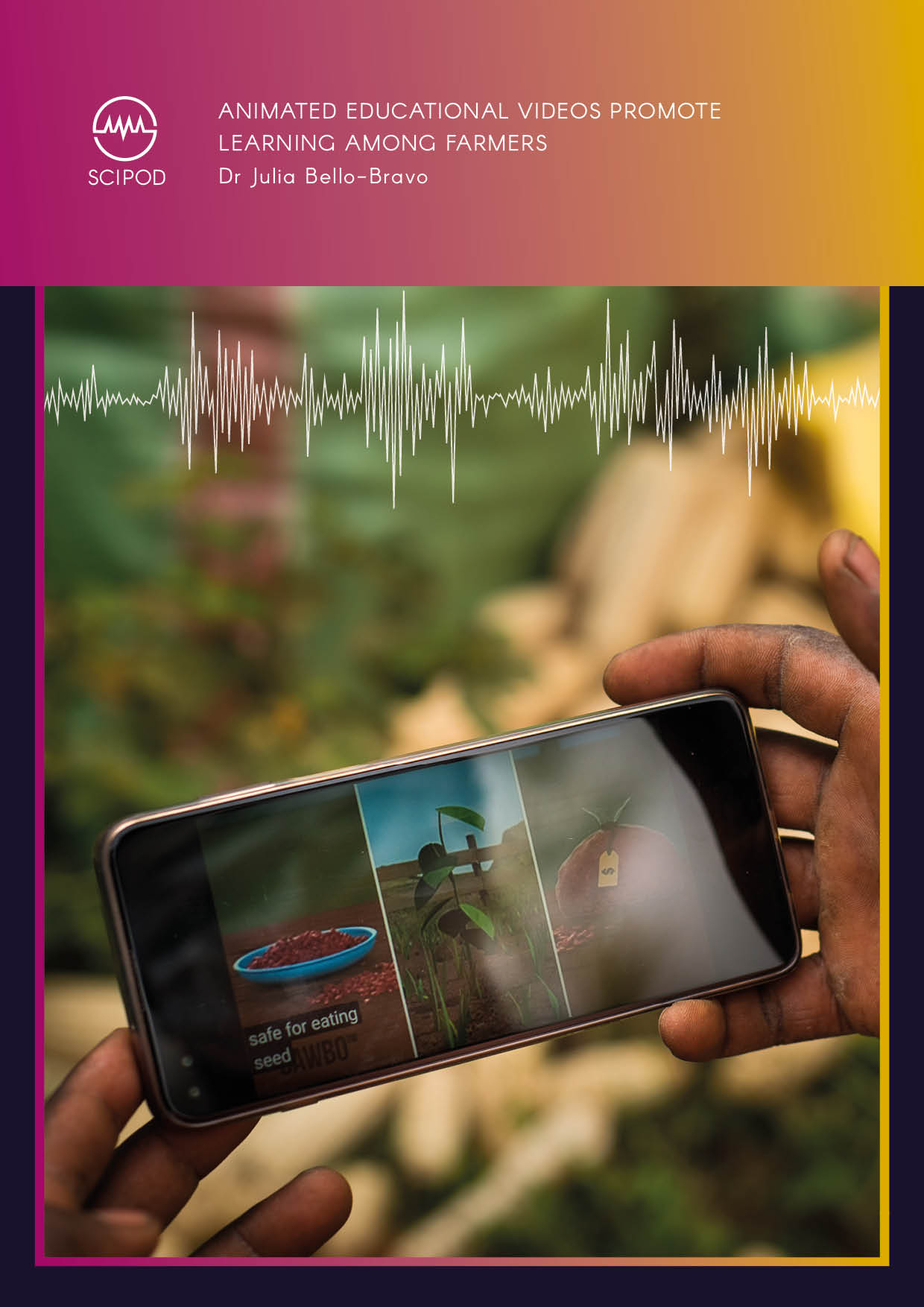
Animated Educational Videos Promote Learning Among Farmers
SciPod · Animated Educational Videos Promote Learning Among FarmersOriginal Article Reference This SciPod is a summary of the...
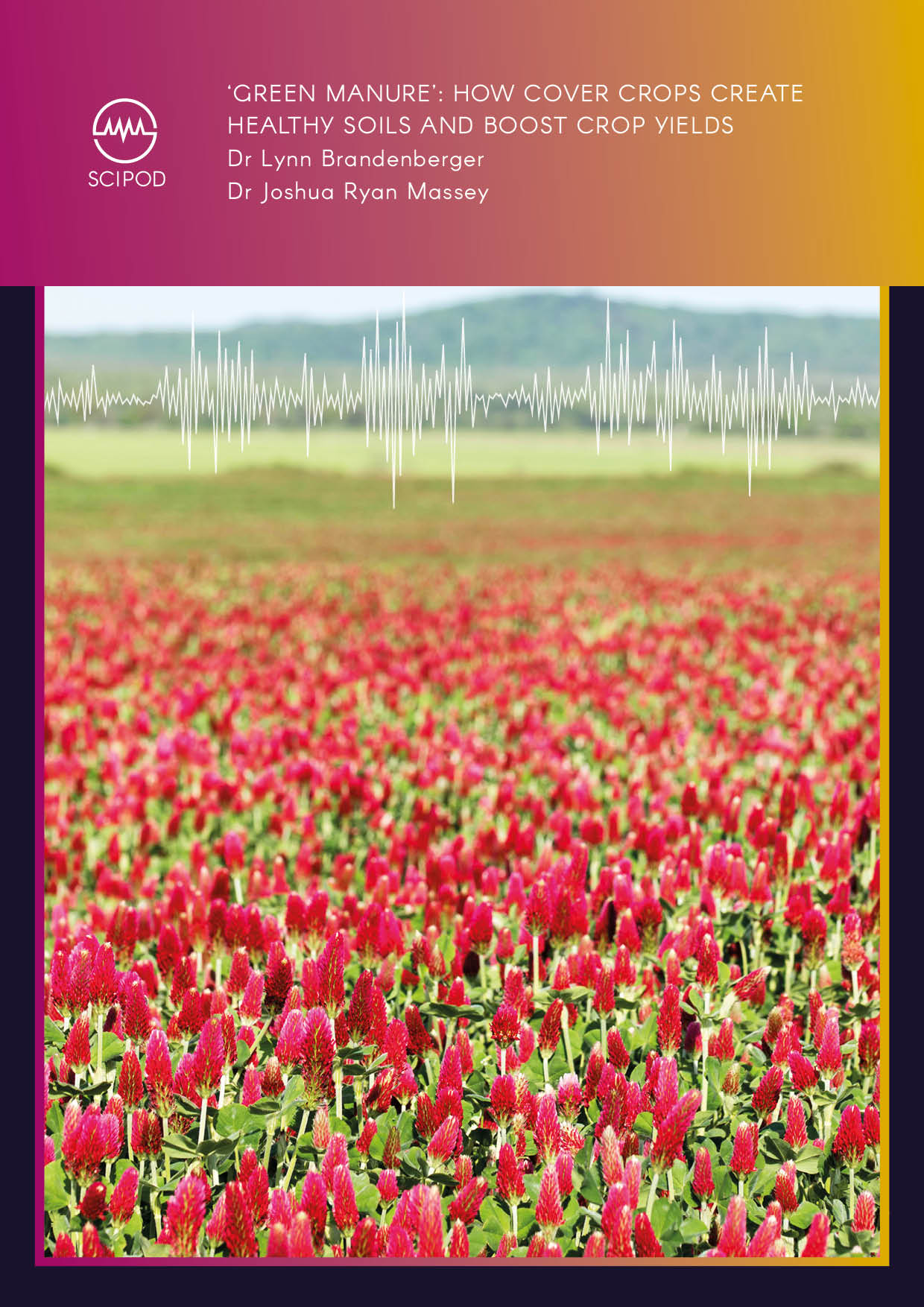
‘Green Manure’: How Cover Crops Create Healthy Soils and Boost Crop Yields – Dr Lynn Brandenberger | Dr Joshua Massey
SciPod · ‘Green Manure’: How Cover Crops Create Healthy Soils and Boost Crop YieldsOriginal Article Reference This SciPod is a summary of the...
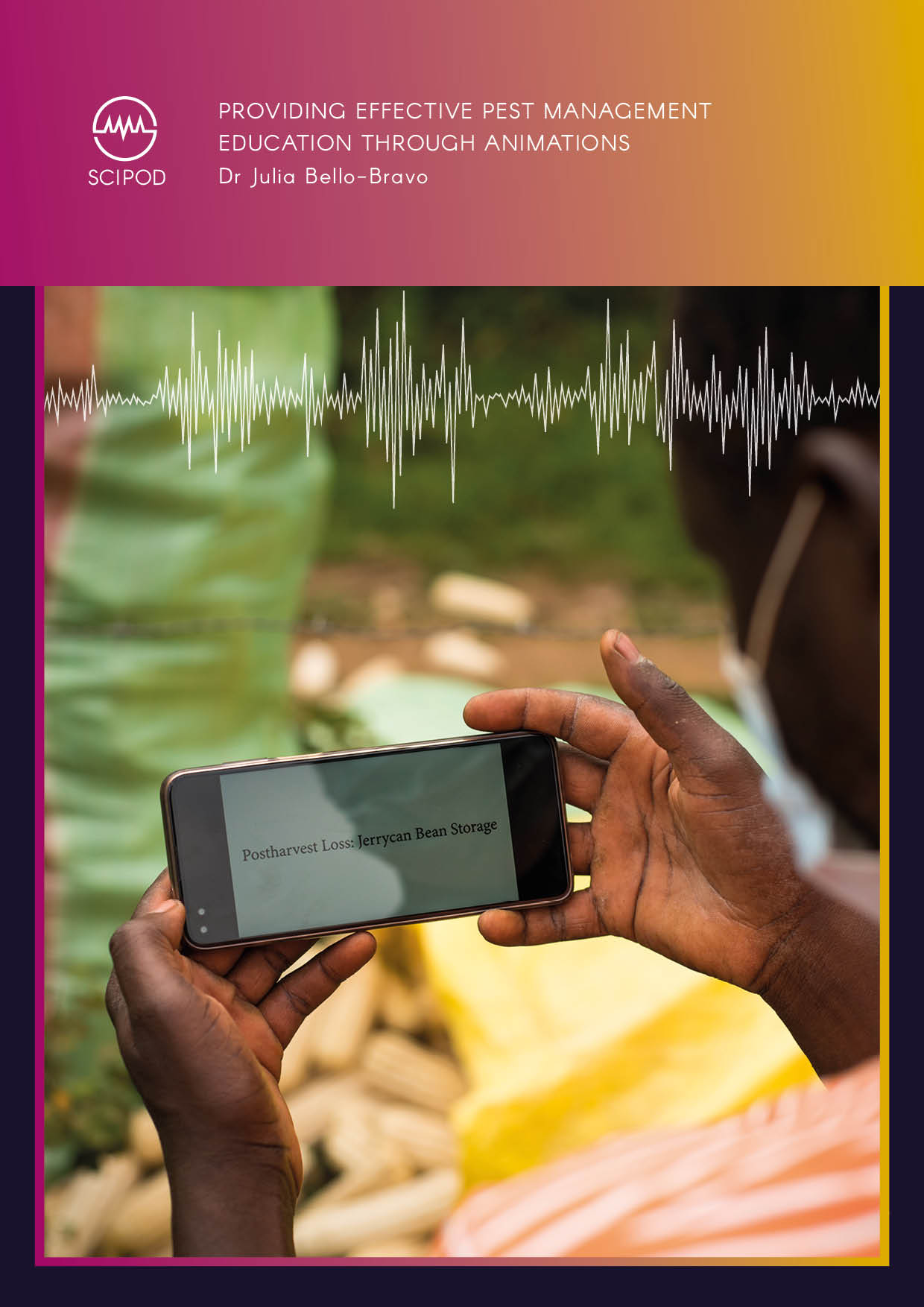
Providing Effective Pest Management Education Through Animations – Dr Julia Bello-Bravo
SciPod · Providing Effective Pest Management Education Through Animations - Dr Julia Bello-BravoOriginal Article Reference This SciPod is a summary of the...
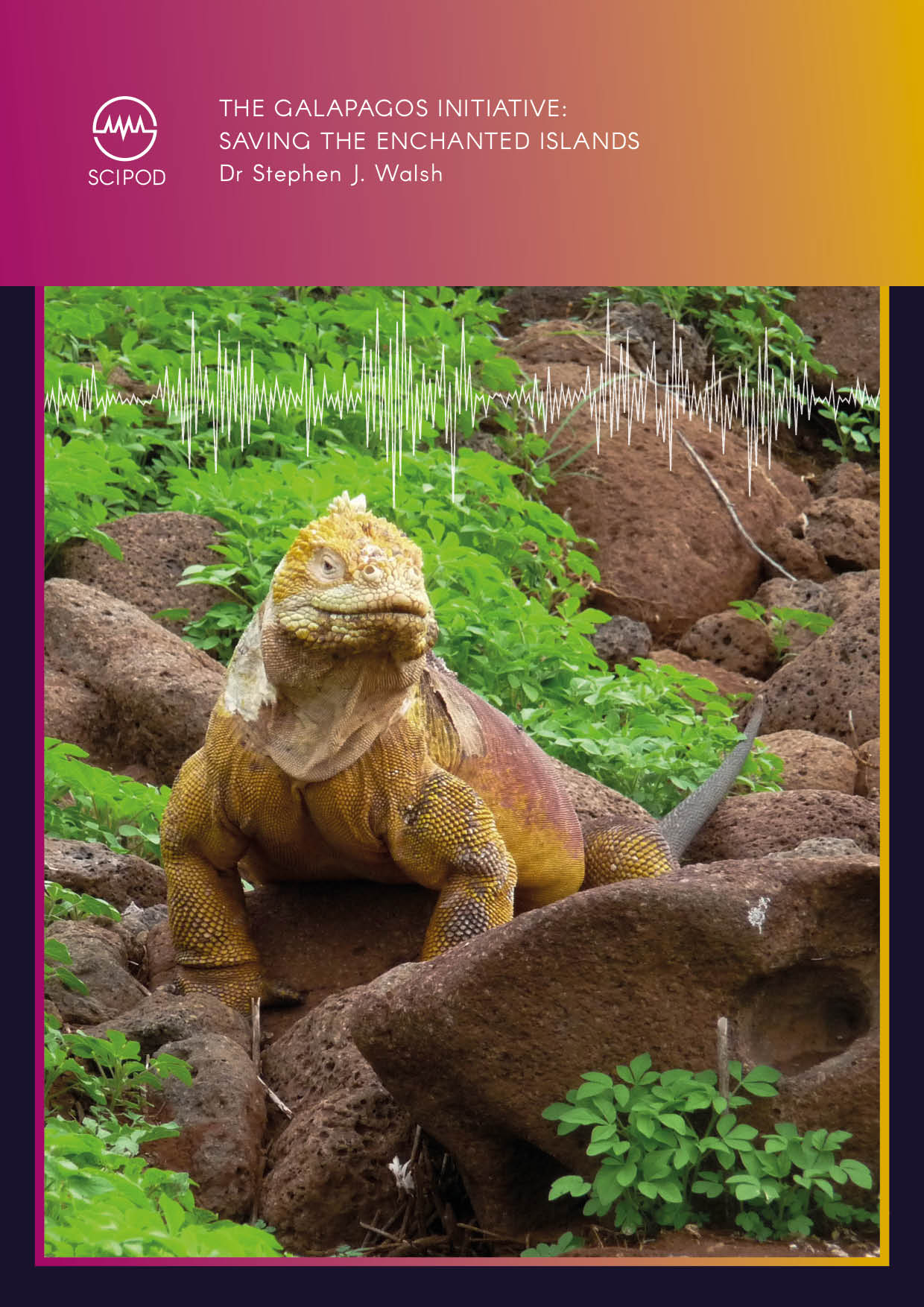
The Galapagos Initiative Saving The Enchanted Islands – Dr Stephen Walsh, University Of North Carolina At Chapel Hill
SciPod · The Galapagos Initiative Saving The Enchanted Islands - Dr Stephen Walsh, UniversityOriginal Article Reference This SciPod is a summary of the...
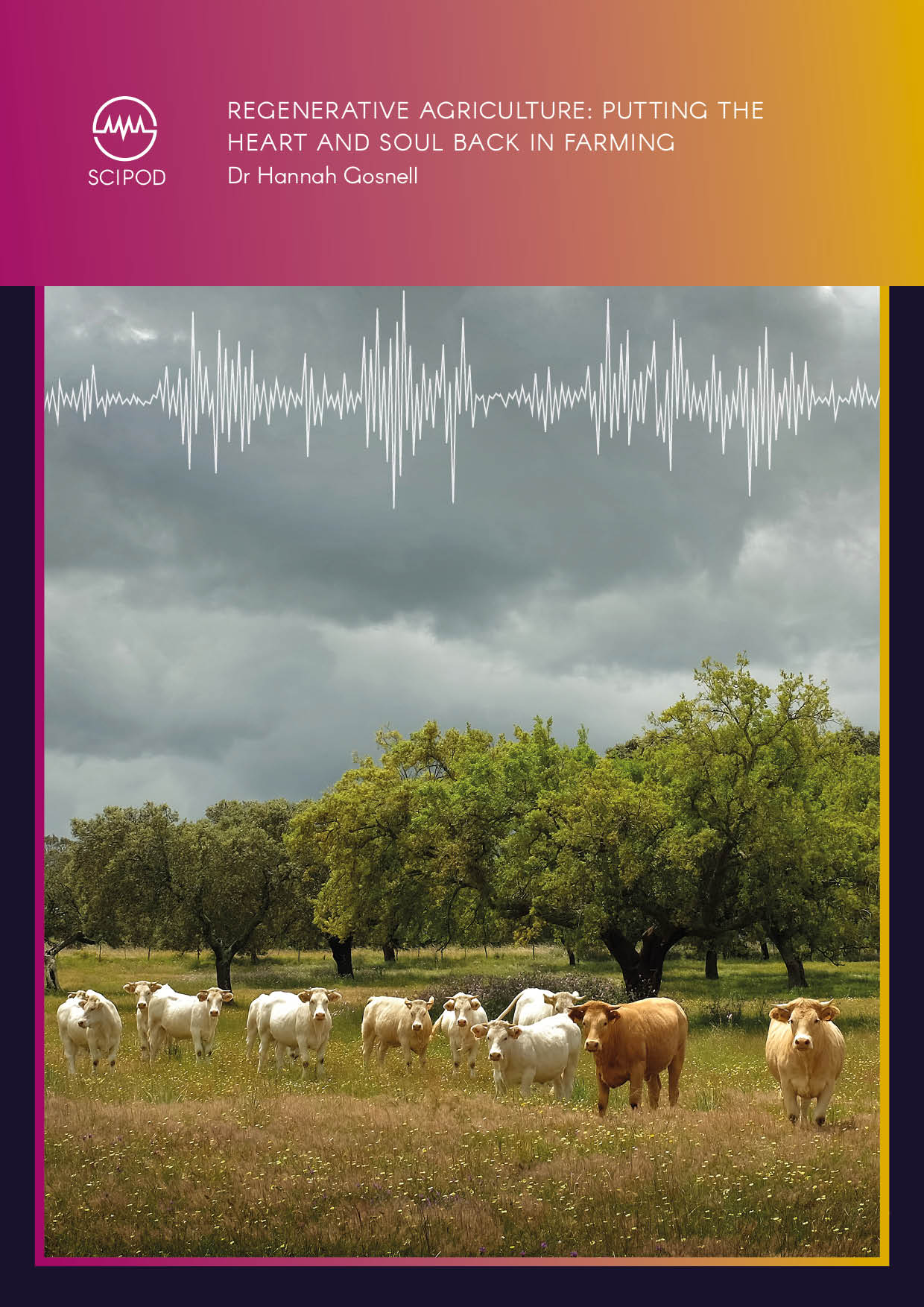
Regenerative Agriculture Putting The Heart And Soul Back In Farming – Dr Hannah Gosnell, Oregon State University
SciPod · Regenerative Agriculture Putting The Heart And Soul Back In Farming - Dr Hannah GosnellOriginal Article Reference This SciPod is a summary of the...

Exploring the Evolution of Learning Fuelled by Mobile Technology – Dr Julia Bello Bravo, Purdue University
SciPod · Exploring the Evolution of Learning Fuelled by Mobile TechnologyOriginal Article Reference This SciPod is a summary of the paper ‘Breaking out: the turning...
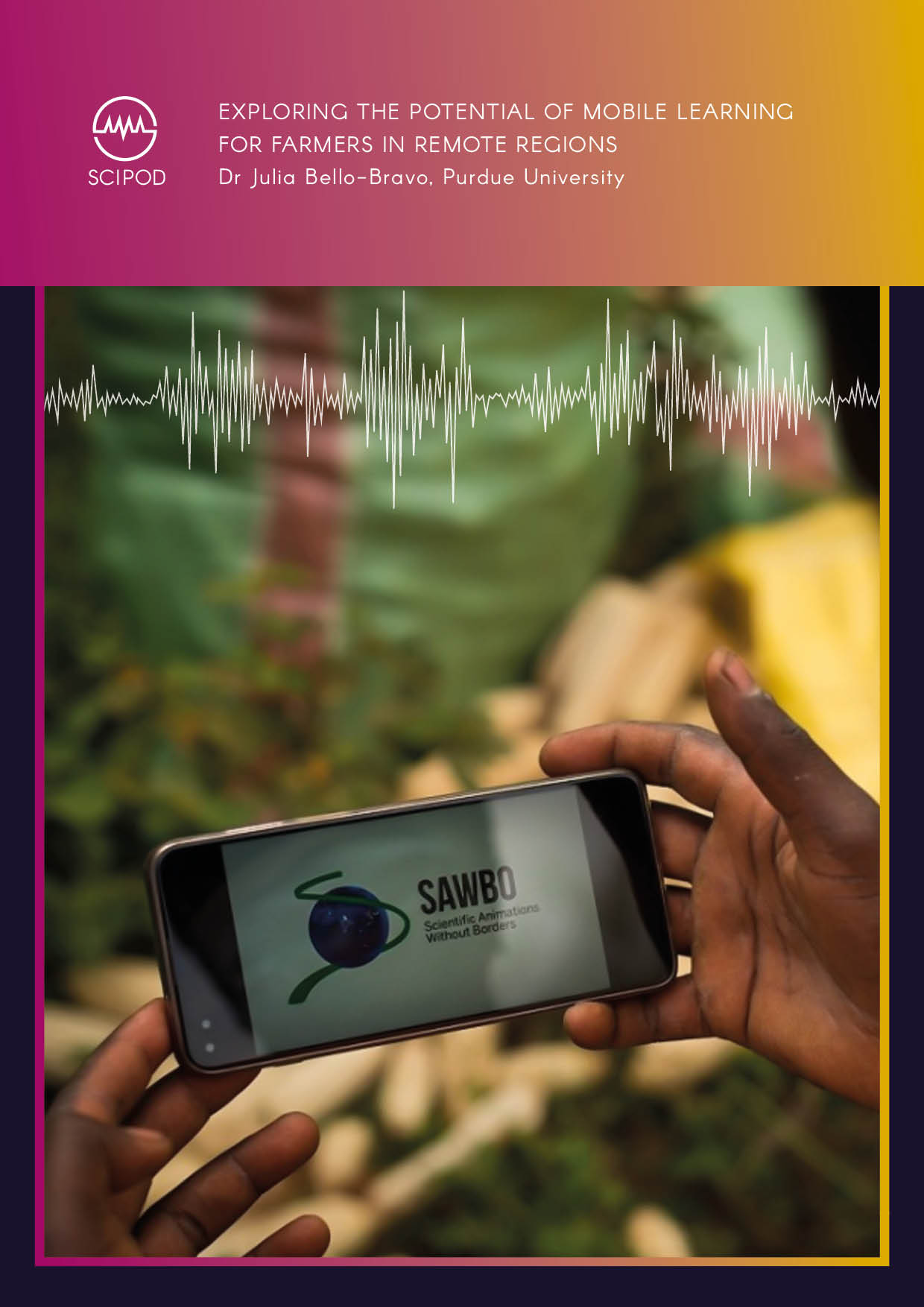
Exploring the Potential of Mobile Learning for Farmers in Remote Regions – Dr Julia Bello-Bravo, Purdue University
SciPod · Exploring the Potential of Mobile Learning for Farmers in Remote RegionsOriginal Article Reference This SciPod is a summary of the paper ‘An 89% solution...
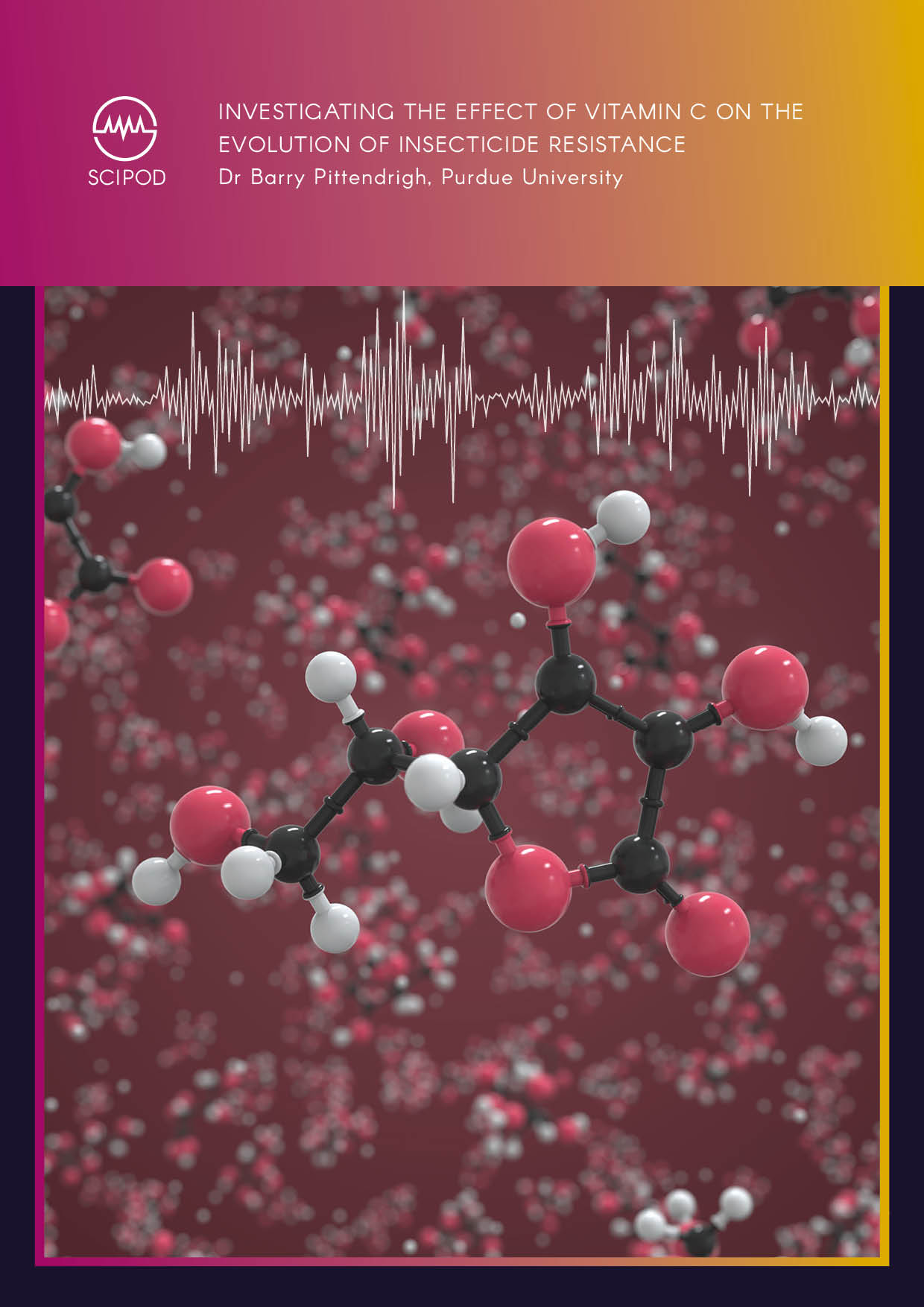
Investigating the Effect of Vitamin C on the Evolution of Insecticide Resistance – Dr Barry Pittendrigh, Purdue University
SciPod · Investigating the Effect of Vitamin C on the Evolution of Insecticide ResistanceOriginal Article Reference This SciPod is a summary of the paper ‘Dietary...
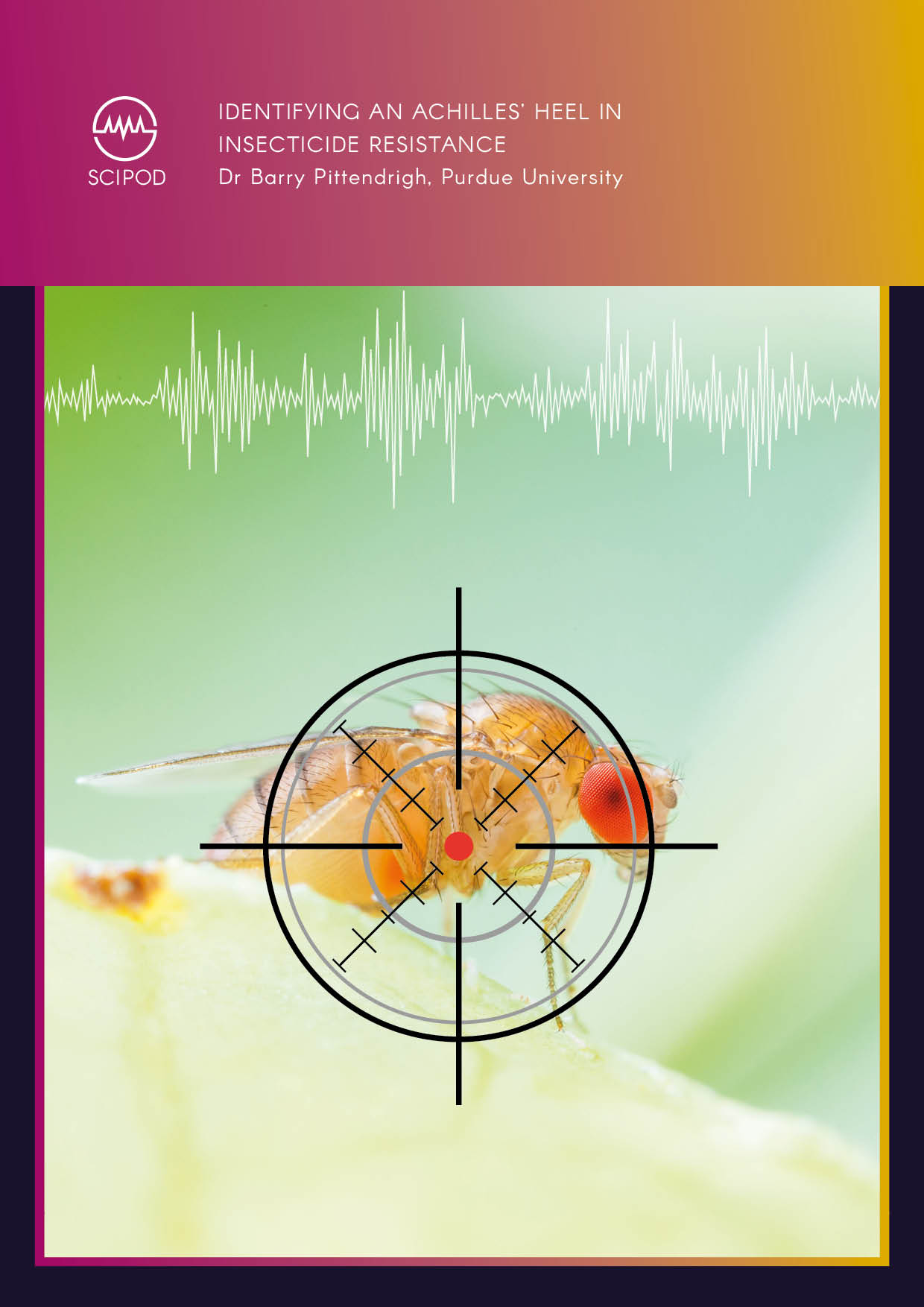
Identifying an Achilles’ Heel in Insecticide Resistance – Dr Barry Pittendrigh, Purdue University
SciPod · Identifying an Achilles’ Heel in Insecticide Resistance - Dr Barry Pittendrigh, Purdue UniversityOriginal Article Reference This SciPod is a summary of the...
Increase The Impact Of Your Research!
Explore partnership opportunities
Unwind without the hassle. Enjoy fresh audiobooks, delivered free!
